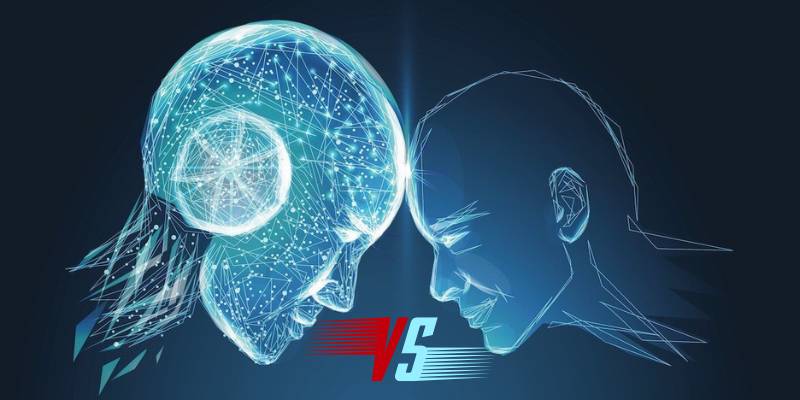When Bilal Abu-Ghazaleh left Silicon Valley to launch his startup, few expected him to take on aviation, oil, and logistics all at once.
But that’s exactly what he’s doing with 1001 AI, a new venture building an AI-native operating system for the Middle East’s most complex sectors.
With $9 million in seed funding, he’s betting that better data orchestration can fix inefficiencies bleeding billions across the Gulf.
It’s easy to underestimate how massive those inefficiencies are until you see the numbers. Airport delays, supply chain bottlenecks, construction overruns — they cost Gulf economies over $10 billion annually, according to recent research cited by Gulf Business.
Abu-Ghazaleh wants to replace human-intensive coordination with self-learning systems that literally “move the trucks” themselves. It’s part logistics, part magic, and entirely data-driven.
What’s refreshing is that this isn’t another chatbot startup. The company’s investors — including General Catalyst, Lux Capital, and CIV — believe MENA’s under-digitized infrastructure is the perfect sandbox for “AI that does, not just thinks.”
It’s a theme echoed in the latest report from PwC Middle East, which suggests AI could add $320 billion to the region’s GDP by 2030. Those aren’t startup-pitch numbers; that’s the scale of an economic reboot.
Still, there’s a fine line between automation and overreach. Governments in the region, from Saudi Arabia’s National Center for AI to the UAE’s G42 conglomerate, are pouring billions into national AI strategies.
But with such ambition comes scrutiny: how do you automate critical infrastructure without losing human oversight? It’s a question that makes even tech optimists pause.
Abu-Ghazaleh’s approach is oddly old-school — his team embeds with clients, shadowing operations for weeks before writing a single line of code.
It’s consulting meets machine learning. And maybe that’s why his pitch resonates: it acknowledges that human experience still matters.
Some of his inspiration, he admits, came from his days at Scale AI, where he watched human annotators quietly train the world’s smartest systems.
There’s something poetic about it — a Jordanian founder bringing Silicon Valley discipline home to build technology for airports and oil fields instead of social feeds.
If 1001 AI succeeds, it could redefine what “smart infrastructure” means in emerging markets. And if it fails? Well, at least it’ll fail while trying to solve something real.


